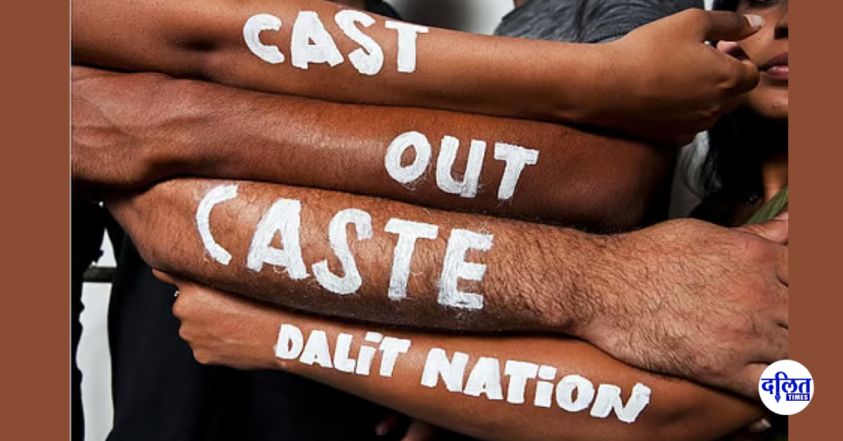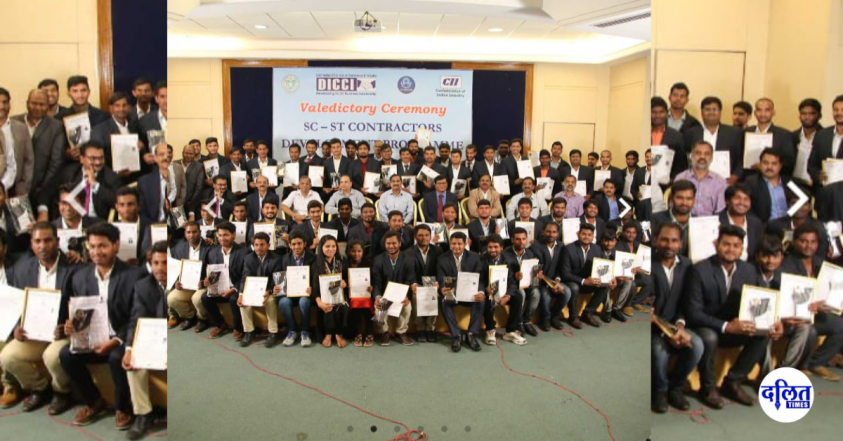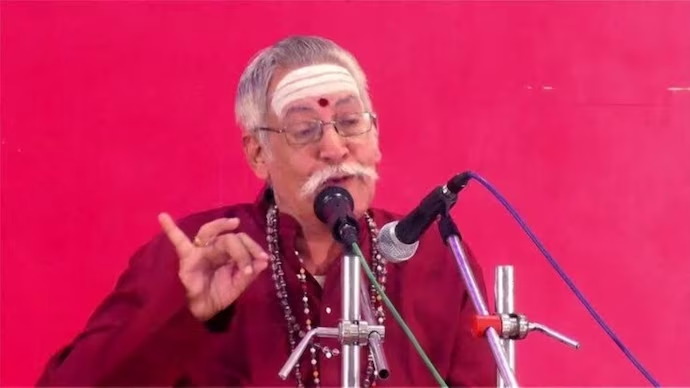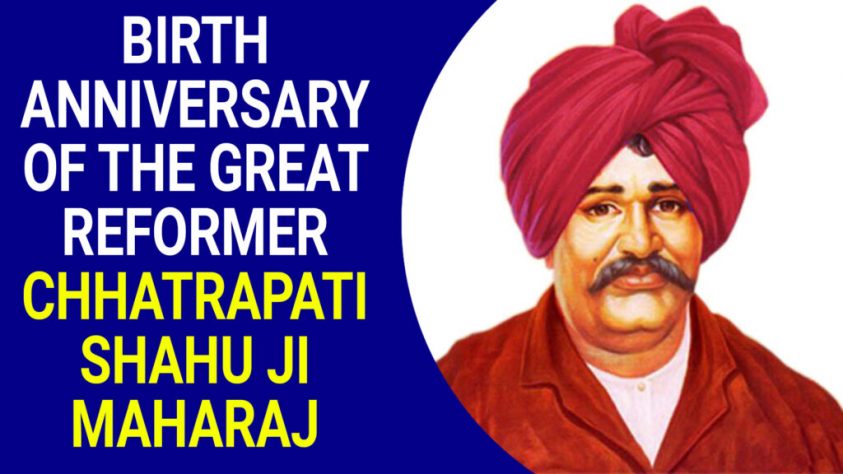On the face of it, Kerala boasts of high literacy, progressive reform legacies, and democratic credentials. But behind the image of ‘God’s Own Country’ lies the haunting persistence of caste apartheid, especially within the state’s bureaucracy. A shocking case from Alappuzha district has once again exposed the structural rot — not in feudal hinterlands, but at the heart of the district collectorate.
- Ranjith, a Dalit office assistant posted at the control room of the Alappuzha Collectorate, has moved the Kerala High Court with a petition that strikes at the core of caste discrimination in government institutions. His charge is not merely about humiliation — it is about the unconstitutional segregation of Dalit employees through a separate attendance register.
Also Read : Banu Musthaq’s International Booker Win: A Victory for Diversity, Language, and Liberation
According to Ranjith, he and other Scheduled Caste employees were instructed not to sign the main attendance register. Instead, they were asked to mark attendance in a separate register, along with part-time cleaning and sanitation workers. The instruction, he claims, came from the Huzur Sheristadar of the Collectorate and the Secretary of the District Police Complaint Authority. This was not an oral miscommunication or clerical error, but a deliberate directive — one that reeks of modern-day untouchability within the state machinery.
Legal Proceedings and Judicial Observations
Ranjith’s petition was heard by Hon’ble Justice Hariharan V Menon of the Kerala High Court, who observed that the allegations were “serious” and directed the state government to file an affidavit. The case has been adjourned to May 26. It is now up to the state — which often claims the mantle of social justice — to explain this blatant administrative apartheid.
The petition has invoked Articles 15 and 17 of the Constitution of India, both of which prohibit discrimination on the basis of caste and outlaw untouchability in any form. If Ranjith’s claims are upheld, it would amount to a clear violation not only of the Constitution, but also of the Scheduled Castes and Scheduled Tribes (Prevention of Atrocities) Act, 1989, which criminalizes caste-based discrimination in public employment.
Casteist Abuse and Lack of Accountability
What deepens the gravity of the case is the verbal caste abuse allegedly hurled at Ranjith when he questioned the discriminatory instruction. A criminal complaint was registered based on his statement, but no effective action was taken against the accused superior officer. This inaction reflects a larger pattern across India: while Dalit employees face humiliation and exclusion in their workplaces, institutional impunity shields their tormentors.
A Larger Pattern in a Supposedly Progressive State
This is not an isolated incident. From the ostracization of Dalit students in educational institutions to the sidelining of Dalit professionals in public offices, caste continues to haunt Kerala’s bureaucratic and educational systems. What makes this case particularly alarming is that it originates from a collectorate — the administrative nerve centre of a district — where rule of law and constitutional values should ideally find their strongest expression.
This case must serve as a wake-up call. Humanists from different corners demanded:
- The state government shall suspend the officials involved.
- The attendance register practice be immediately abolished and investigated across districts.
- An independent probe be launched into caste-based segregation practices within state offices.
- Fast-track prosecution of casteist abuse..
This is not just about a register. It is about a citizen’s dignity, the betrayal of Ambedkar’s Constitution, and the slow corrosion of justice in spaces that are meant to uphold it.
Ranjith’s fight is not a personal grievance — it is a constitutional confrontation. If a Dalit government employee has to knock on the doors of the High Court to be treated as equal, it is not just a local matter; it is a moral crisis for the Republic. He hope to a positive step from the Judiciary and he has complete trust in Judiciary.
By Bindu Ammini/Dalit Feminist



